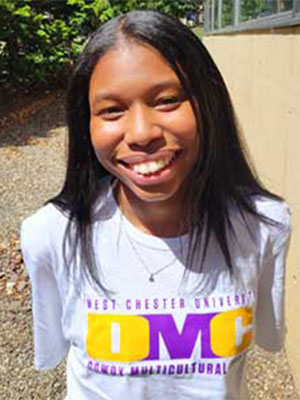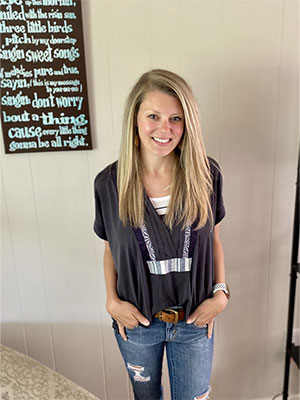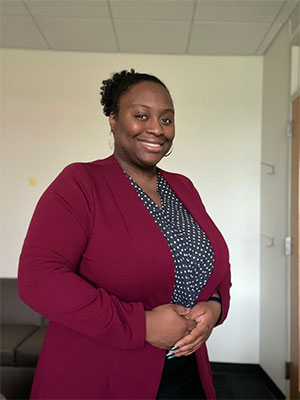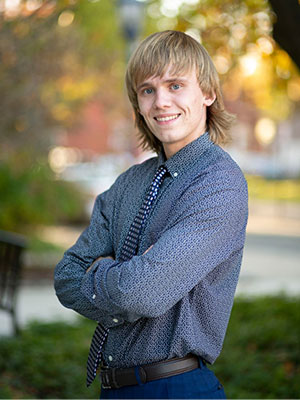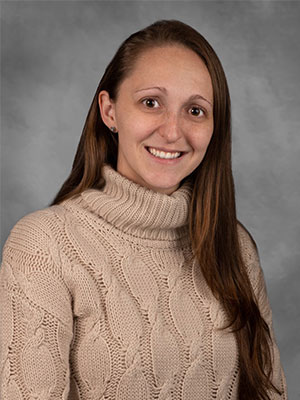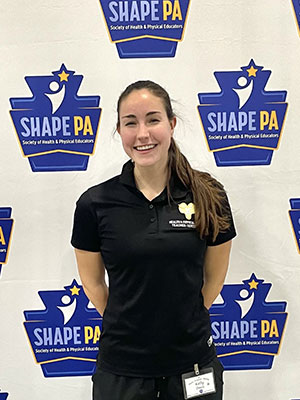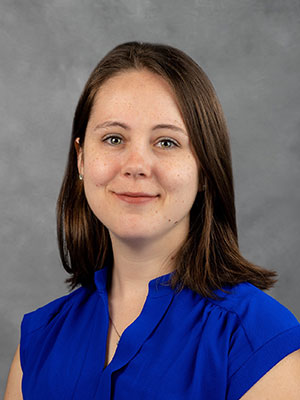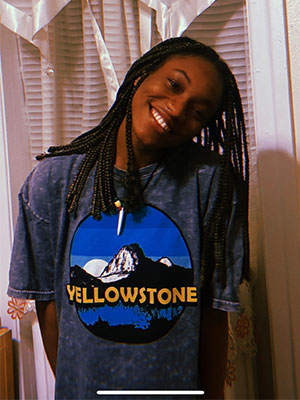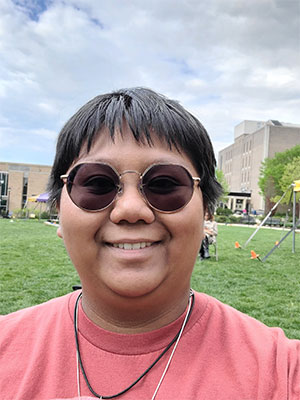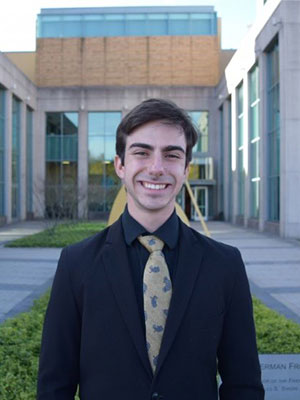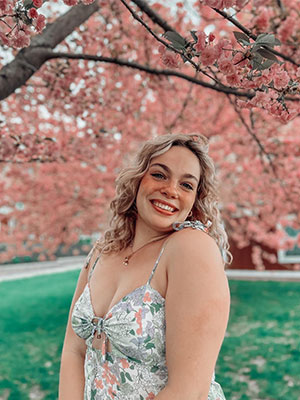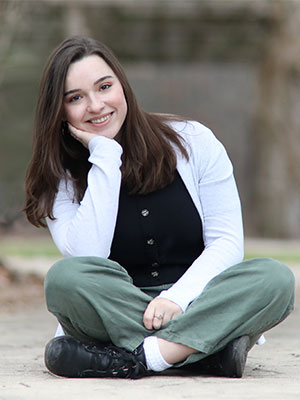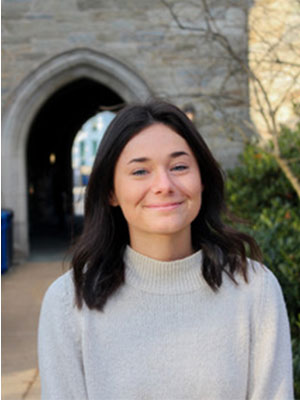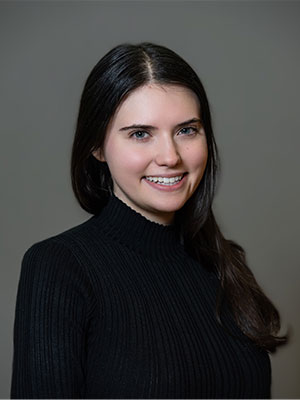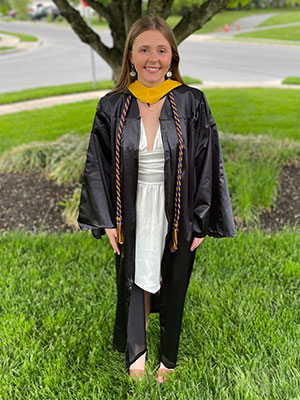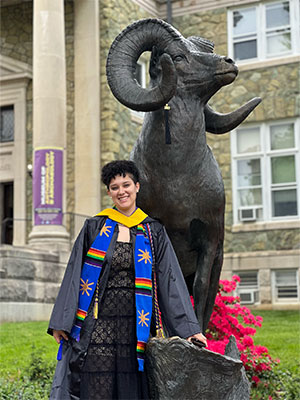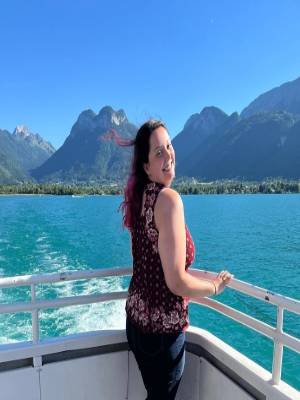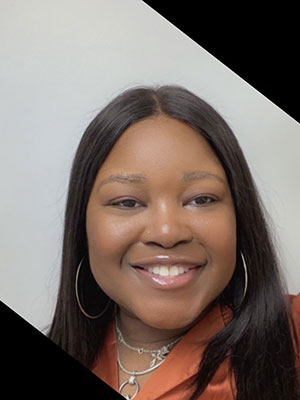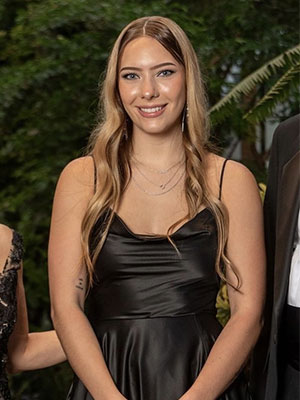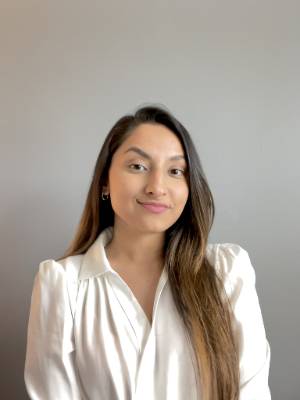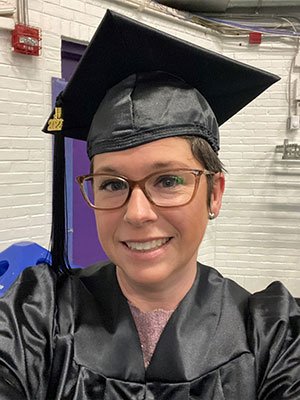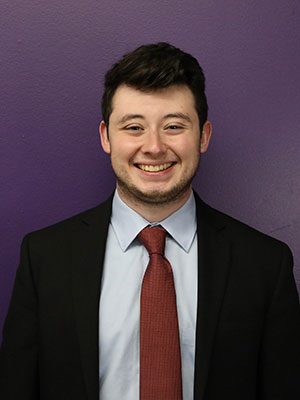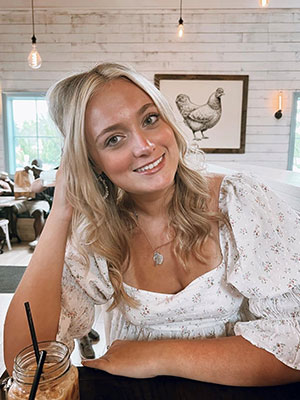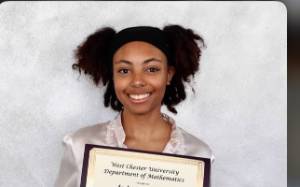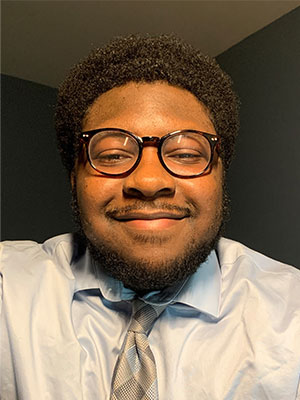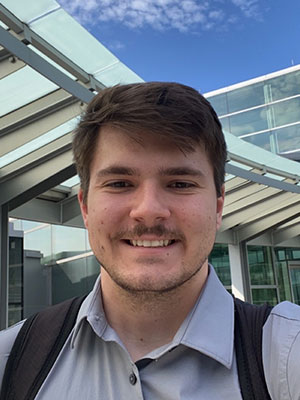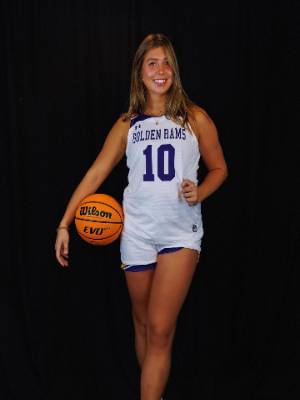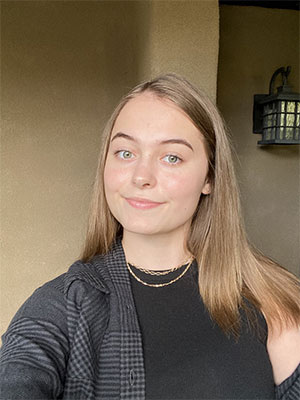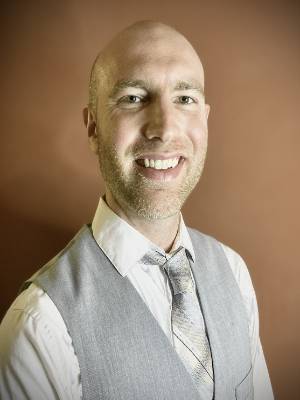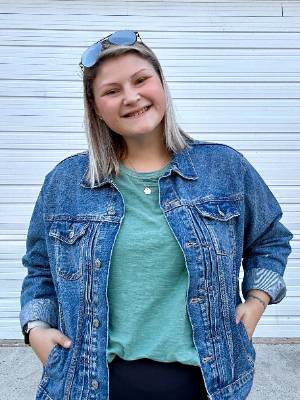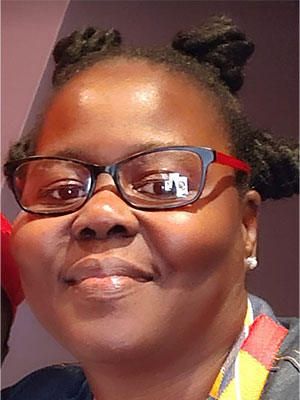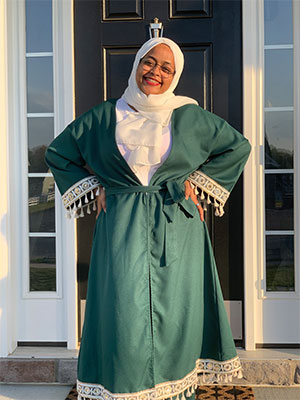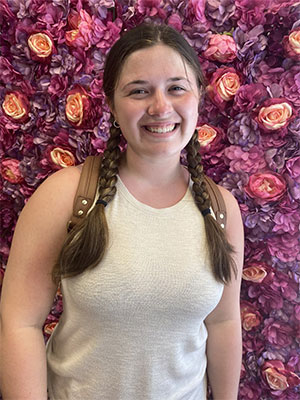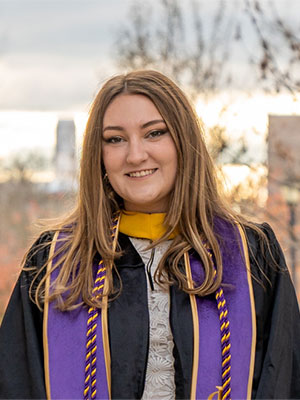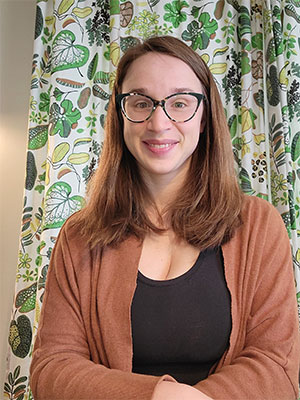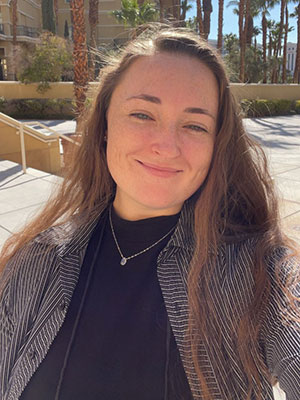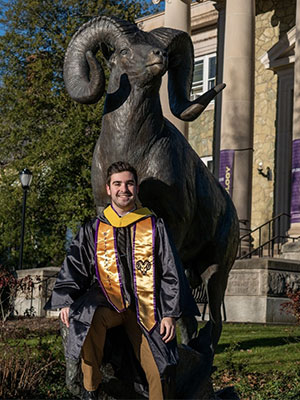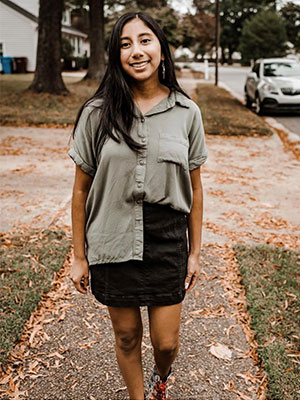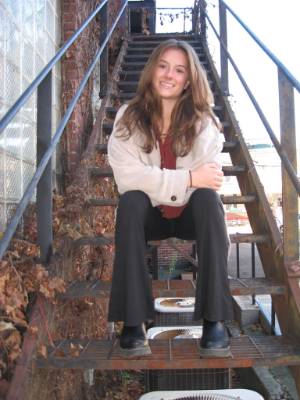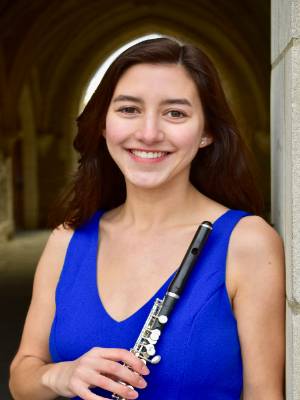Students
Welcome! Click on the tiles to learn about each type of experiential learning - what it is, how to get involved, and who can help you along the way.
Capstone
A capstone is a culminating course or assignment where students integrate learning from their university experience, demonstrate mastery of skills, and establish a foundation for their post-university careers. Capstones are meant to “cap off” the educational experience and support a student’s transition to their profession.
Capstones may include the following:
- Case Studies
- Performances
- Portfolios
- Presentations
- Reflections
- Reports or papers
- Research
Get Involved
Every undergraduate major at WCU requires a capstone. Talk with your academic advisor to learn more about your capstone experience.
Funding
Costs associated with capstones may include (but are not limited to) tuition, books, and supplies.
Clinicals
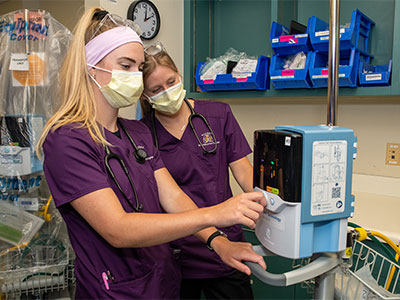
A series of observations and treatments of living patients rather than theoretical or laboratory studies. Students receive supervised, skill-oriented instruction within the health care/practical environments of which they are studying.
Get Involved
Students are typically enrolled in clinicals through their academic program. Not all programs provide clinicals. Speak with your faculty and advisor to learn more.
Funding
Costs associated with clinicals may include (but are not limited to) tuition, uniforms, equipment, vaccines, health exams, books, transportation, supplies and food.
Community & Professional Engagement
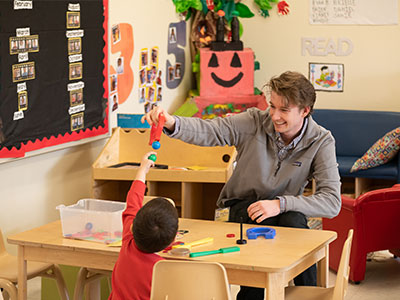
An opportunity for mutually beneficial partnerships between students and community partners. The University matches students’ personal and professional ambitions with appropriate partners to help meet community needs.
Get Involved
Center for Community Engagement and Social Impact
The Center for Community Engagement and Social Impact offers three types of experiences:
- Community-engaged learning – (formerly known as service-learning) students participate in community engagement as part of their academic courses.
- Federal work study opportunities are available on and off campus.
- Volunteering – experiences may be completed as one-time opportunities or a continual, committed opportunity throughout the year
Center for Community Solutions
The Center for Community Solutions offers community-engaged projects where students are paid to work 5-10 hours per week on a defined project in partnership with a community organization for a semester or academic year.
College of Business and Public Management
The College of Business and Public Management is often asked to provide consulting services. Students may be asked to participate in advising organizations on business practices as part of a course or internship.
Community and professional engagement opportunities may be related to:
- Accounting
- Animals
- Arts
- Business analytics & planning
- Economic impact studies
- Education
- Environment
- Financial management
- Food
- GIS and spatial analysis planning
- Government
- Health
- Historical sites
- History
- Housing
- Human resource management
- Marketing, planning or analysis
- Public infrastructure
- Religious affiliations
- Research
- Senior support services
- Social justice
- Supply chain management
- Sustainability
- Virtual opportunities
- Writing
These opportunities vary in duration of time commitment, may be paid or unpaid, and are conducted in-person, remotely, or in a hybrid format. These opportunities offer students and community partners the potential to generate significant, positive impact in working together, ranging from local through international in scope.
In Pennsylvania, students who wish to participate in these opportunities are typically required to complete the Pennsylvania Child Abuse History Clearance, Pennsylvania State Police Criminal History Clearance, and the Federal Bureau of Investigations (FBI) Criminal History Clearance.
Funding
Costs associated with community engagement opportunities may include travel, equipment, supplies, clothing, and food.
Competitions

Events in which students compete, individually or as part of a team, against other competitors to demonstrate their proficiency within a particular subject or skill.
Get Involved
Competitions are often communicated through academic programs, co-curricular experiences, and student clubs and organizations. Requirements vary by competition type. Types of competitions include, but are not limited to, the following:
- Artificial Intelligence
- Athletics
- Case studies
- Computer programming
- Dance
- Datathons
- Debates
- Drones
- Hackathons
- Intramurals
- Robot competitions
- Spelling bees
- Sport Clubs
Funding
Costs associated with competitions may include (but are not limited to) clothing, books, membership fees, equipment, supplies and health exams.
Conferences

A one-day or multi-day event where people present their work to one another. Conferences provide an opportunity for people to come together to share experiences and expertise, analyze issues, and brainstorm solutions regarding specific topics. By doing so, the people involved are helping their field move forward.
Get Involved
Conferences are offered at the local, regional, state, national and international levels. They may be provided remotely or in-person. Types of conferences include, but are not limited to, the following:
- Academic conferences
- Business conferences
- Conventions
- Peace conferences
- Product launches
- Trade conferences
Students can gather more information on upcoming conferences by contacting their academic advisors, faculty, department chairs, college deans, supervisors and student organizations. Sometimes there are opportunities to help with planning the conference.
Individuals or groups who wish to present on a topic at a conference should look on the conference website for the “call for proposals” timeline and criteria. It can be helpful to request examples of successful proposals before submitting a proposal. Some conferences require presenters to go through a peer review process prior to accepting their proposal. This involves members of the organization volunteering their time to review the proposed presentations and provide feedback. The goal of the peer review process is to help applicants create the strongest presentation possible.
Funding
Costs associated with conferences may include (but are not limited to) registration fees, transportation, lodging, meals, technology, and supplies. Merchandise, books and extra conference sessions may be available for purchase.
Conference fees are typically reduced for individuals who are members of the organization that is hosting the event. There may also be a discount for individuals who are part of the planning committee and/or groups of individuals who register for the conference together. Sometimes organizations offer conference scholarships. Funding support may also be available at the University through academic departments, colleges, and student organizations. Following the COVID-19 pandemic more conferences are being offered remotely.
Creative Activities
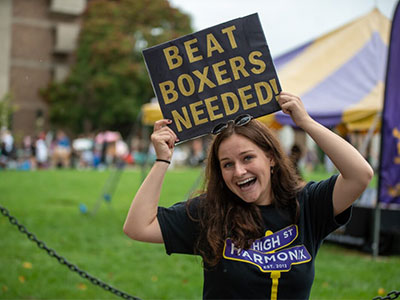
Activities that people participate in which involve developing new ideas, artworks, and other forms of cultural production.
Get Involved
Creative activities are often shared through student clubs and organizations. Each club and organization have its own requirements that participants must meet in order to participate in a creative activity. There are also opportunities to engage in creative activities through the Office of Research and Sponsored Programs.
Examples of creative activities include:
- Acting, theatre, dance or voice workshops
- Creative writing
- Investigative interviewing
- Musical performances and compositions
- Painting and photography
Explore clubs and organizations via RamConnect by clicking on the “group” tab and typing in a key word (e.g., art or music). Sign up to become a member of organizations that are of interest to you. Don’t see a club or organization related to your interests? Email engagement@wcupa.edu to learn about the process for starting a new club or organization.
Funding
Costs associated with creative activities may include (but are not limited to) clothing, travel, equipment, books, supplies, and membership fees. The Office of Research and Sponsored Programs offers funding opportunities for students to engage creative activities. Specific student clubs and organizations may also offer funding support. To explore student clubs and organizations, visit RamConnect.
Education Abroad
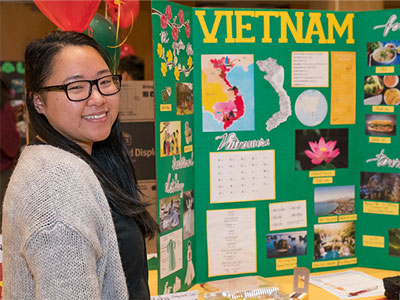
Educational programs where students visit foreign countries, live there, and explore different cultures, often while earning academic course credit. Education abroad programs vary in their goals, requirements, duration, and living situations.
Get Involved
Types of education abroad programs include:
- Full degree abroad
- Semester programs
- Internship abroad
- Service learning
- Summer programs
All students planning to participate in an Education Abroad program (WCU faculty-led, affiliated partner program, Non-WCU/Non-affiliate) are required to complete the WCU application first. WCU’s Education Abroad website lists additional criteria for program eligibility.
Funding
Costs associated with education abroad vary based on the type of program, length, and geographic region. Costs for students participating in semester-long study abroad programs are generally comparable to expenses paid for a semester spent studying at WCU. There is also a $100 application fee that must be paid to the WCU Bursar's Office.
Employment
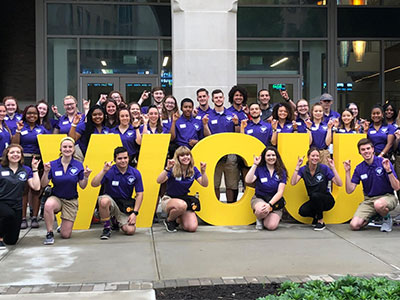
The condition of paid work, usually in a person’s trade or profession, that is full time or part time for an open-ended period.
Get Involved
Opportunities for student employment are available both on and off campus. Types of employment include full-time, part-time, seasonal, contract and temporary.
On campus, positions are often discussed in terms of paraprofessionals and student employees. Paraprofessional positions are responsible for supporting students' educational experience (e.g., Wellness Peer Educator, Graduate Assistant) while student employee positions are often related to helping manage the business of the University (e.g., Desk Attendant).
Graduate assistant positions are specifically for graduate students to work with a department or faculty member. These experiences may include teaching, conducting research, or working on programs or initiatives. Graduate assistants may receive a stipend, a tuition waiver, or both.
Off campus, positions are considered an internship or a job, and can be found on Handshake. Off campus employment can be done for a variety of organizations, including start-ups, small businesses, large and multinational corporations, nonprofits, educational institutions, healthcare facilities, and government agencies.
The Career Development Center's website offers a comprehensive set of resources and events to support students in choosing a major, finding jobs on and off campus, and getting started with building a career.
Funding
Costs associated with employment may include (but are not limited to) clothing, transportation, equipment, background checks, health exams, and food. Some positions on campus are set aside specifically for individuals who have received Pell Grants. Students who wish to apply for these positions should review their FAFSA award letter and speak with a financial aid counselor.
Entrepreneurship
The process of setting up a new business or growing an existing business while taking on most of the risk and enjoying more of the rewards. Entrepreneurs identify an existing problem or need and develop a business to solve the problem or address the need.
Get Involved
Students in business programs are commonly involved in entrepreneurship programs and organizations, but these opportunities are open to everyone and can be found both inside and outside of WCU.
Types of entrepreneurship include:
- Small business
- Scalable startup
- Large company
- Social entrepreneurship
- International entrepreneurship
Types of product development include:
- New-to-the-company
- Improvements to existing products
- Extensions of product lines
- New-to-the-market
The WCU Cottrell Center offers entrepreneurship programs and product development events. More information can be found on the Cottrell Center Programs page. Students can also explore entrepreneurial clubs and organizations in RamConnect.
Funding
Costs associated with entrepreneurship may include (but are not limited to) market research, concept feasibility testing, inventory, business registration fees, legal fees, incorporation fees, patent/copyright/trademark costs, travel, clothing and work space. The WCU Cottrell Entrepreneurship Center offers information about several funding opportunities.
Field Placements
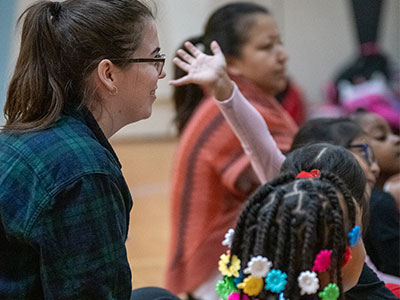
The practical application of educational theories, concepts, and skills within a real setting. Students work with qualified field instructors who provide individual supervision and assessment of the student's knowledge and skills.
Get Involved
Students are typically enrolled in field placements through their academic program. Reach out to your faculty or academic advisor to learn more.
Funding
Costs associated with field placements may include (but are not limited to) tuition, health exams, criminal background checks and transportation.
Independent Study

Independent studies are utilized to supplement and expand on curricular opportunities in an academic program to address a student’s specific area of interest (e.g., research topic, problem, project). A student may create a proposal (e.g., syllabus) for studying the topic and present it to a faculty member for consideration. Some independent studies also fall under the classification of research. See the research tab for more information.
Get Involved
WCU offers numerous opportunities for students to become involved in independent study with faculty. Students must obtain departmental permission for independent study courses and register for it by the end of the add/drop period. GPA requirements can be found on WCU’s Course Policy page. For more information about getting involved in an independent study, contact the Registrar Office.
Funding
Costs associated with independent studies may include, but are not limited to, tuition and books.
Internships
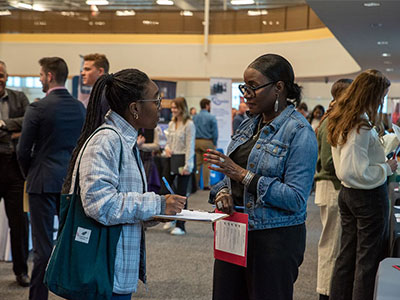
An opportunity for a student to gain work experience or satisfy requirements for a
degree or certification. These positions should be paid, however, if they are not,
they must meet the testing standards provided by the US Department of Labor’s Fair Labor Standards Act.
Other frequently used terms or similar experiences include field experience, co-op,
clinical experience, practicum, or student teaching.
Get Involved
Internships typically range from three to six months and involve part-time to full-time hours, for which the student may or may not receive payment. Unlike traditional internships, micro-internships include projects which are completed in a shorter time frame ranging from five to 40 hours per week.
Internships may or may not be part of a student’s academic curriculum. For credit-bearing internships, requirements and procedures will vary by department. Generally, a student must be a major in the department, complete a certain course or number of courses prior to the internship, and commit to a specific number of internship hours. For non-credit-bearing internships, the requirements are determined by the employer; however, students are typically working towards a degree in the field in which they are seeking an internship.
As a first step, ask your academic advisor and faculty whether an internship is required for your major and if so, what is involved in the internship.
The Career Development Center offers several resources for finding internships. WCU's Experiential Learning Dashboard also provides information about where students’ have participated in internships in the past.
Funding
Costs associated with internships may include (but are not limited to) clothing, transportation, food, equipment, supplies, health exams, and background checks.
Students should ask whether the internship is paid during the interview, if the information wasn't included in the internship posting.
Job Shadowing
An opportunity for students to explore industries related to their interests and career goals by following and observing someone who is working in the field.
Get Involved
Students can search for job shadowing opportunities with WCU alumni through Ram Nation. This online platform allows students to easily connect with alumni to set up both in-person and virtual times to engage in job shadowing. It can be helpful for students to have a resume and Ram Nation profile set up when reaching out to alumni. For more information about job shadowing opportunities, please visit Career Development Center Resources and Events page.
FUNDING
Costs associated with job shadowing may include, but are not limited to, transportation, clothing, technology, and food.
To support students in managing these costs, West Chester University offers free professional clothing in the Career Development Center in 225 Lawrence Hall and free food and supplies in the Resource Pantry in the Center for Community Engagement and Social Impact located in 715 Commonwealth Hall.
Practicum
A course that is designed to engage students in a supervised, practical application of a theory or field related to their studies.
Get Involved
Practicum courses are often found in programs related to teaching, social work, and health care. For more information, please contact your faculty or academic advisor, or review the courses for your major in your academic program catalog.
Funding
The costs associated with a practicum includes, but are not limited to, tuition and books.
Research

The exploration of a specific research topic by an individual who wishes to make an original contribution to the discipline. Students are typically mentored through research investigations by faculty or discipline-experts.
Get Involved
The research process involves identifying a research question, conducting a literature review, creating a research proposal, collecting and analyzing data, and compiling and sharing the findings through poster presentations, conference presentations, and/or publications. If research involves human subjects, the research team is required to complete research training certifications and submit a research application to the Institutional Review Board.
Types of research opportunities include:
- Community-based research
- Domestic and international research programs
- Independent Research
- Research assistantship
WCU offers numerous opportunities to get involved in research:
- Review the WCU Undergraduate Research Journal
- Learn How to Get Involved in Research
- Study WCU's Research Training Requirements
- Complete CITI Training
- Learn about Submitting an Institutional Review Board (IRB) Application
- Set Up a Cayuse Account for IRB Applications
- Apply for the Summer Undergraduate Research Institute
- Find Research Funding
- Apply for Student Research and Creative Activity Awards
- Meet with WCU's Office of Research and Sponsored Programs
Funding
Costs associated with research may include (but are not limited to) marketing materials, participant incentives, travel, equipment, and supplies. Funding support and scholarship information can be found on the WCU Research and Sponsored Programs page. For graduate students, research may be incorporated into a graduate assistantship which would provide funding in the form of a stipend and/or tuition reimbursement.
Student Clubs & Organizations
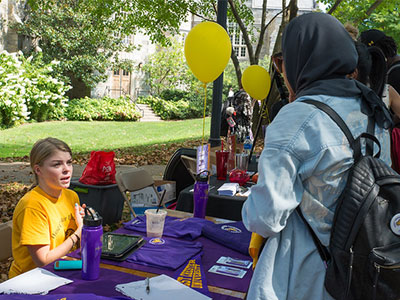
A group of students who come together around a shared interest in a specific topic or goal and are recognized officially through the University.
Get Involved
Student clubs and organizations exist at both the graduate and undergraduate level. Clubs and organizations are required to meet specific criteria in order to receive formal recognition through the University. Student clubs and organizations that are officially recognized by the University can reserve university space, and use West Chester University's name, and apply for funding.
Types of student organizations include the following:
- Academic/Professional organizations
- Fraternities/Sororities
- Governing organizations
- Graduate student organizations
- Musical organizations
- Political/Activism organizations
- Publication/Media organizations
- Religious organizations
- Service organizations
- Social Equity/Diversity
- Sports Clubs
- Special Interest organizations
Propose a new student club or organization by going through the Student Organization Review Process.
Funding
Although some clubs and organizations require a membership fee, most do not.
Student Teaching
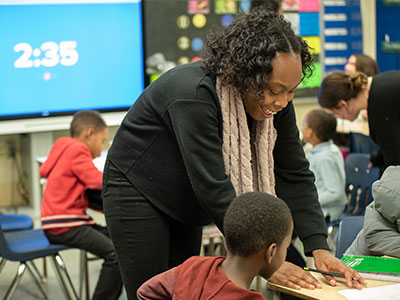
Student teaching is designed to allow prospective teachers to practice and refine their teaching skills in a classroom experience under the supervision of a certified teacher or professor. Student teaching is a full-time placement (e.g., 13 weeks), typically completed in the student's final year of coursework.
Get Involved
Student teaching is built into the curriculum for specific education majors. More information can be found on WCU's College of Education and Social Work page.
Funding
The costs associated with student teaching may include (but are not limited to) tuition, fees, books, supplies, transportation, food, clothing and background checks.
Additional Experiences
Co-Ops
A program which allows students to obtain professional work experience while still in college. Co-ops provide academic credit for structured job experience, typically alternating a school term with a work term in a structured manner, involving a partnership between the academic institution and the employer.
Financial compensation varies by program. WCU does not offer a co-op program at this time.
Apprenticeships
A combination of on-the-job training (80%) and classroom learning (20%) that leads to a trade certification. Students not only learn skills in a classroom but also receive paid on-the-job training from an employer. Apprenticeship programs typically take four years to complete.
The department of Theatre and Dance offers apprenticeships. To learn more, Theatre and Dance students should contact the department chairperson, as listed on the department catalog.

